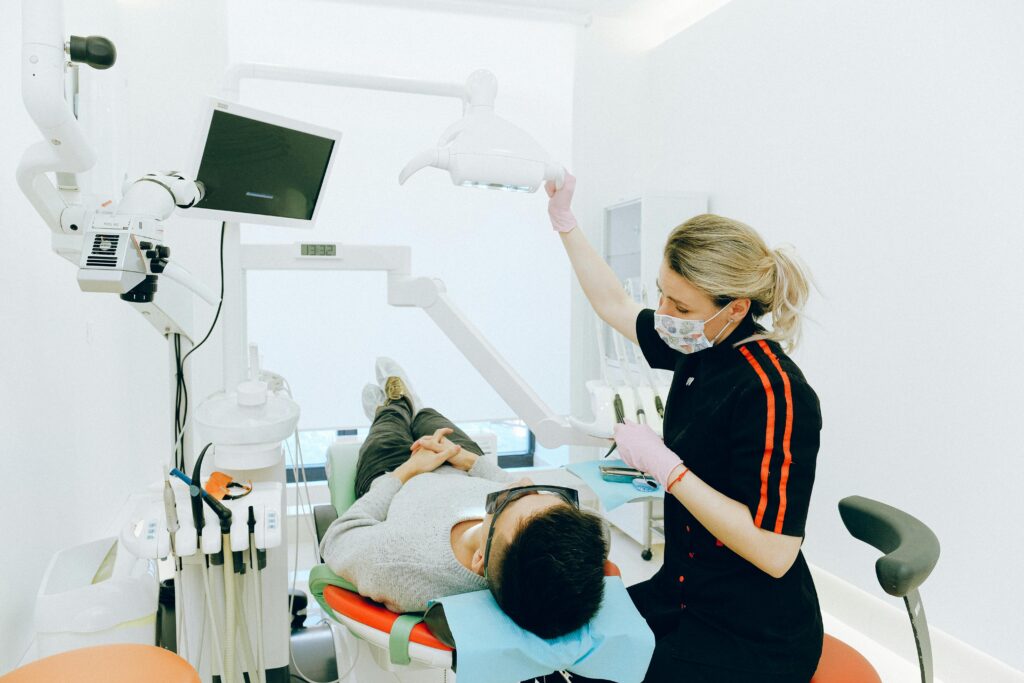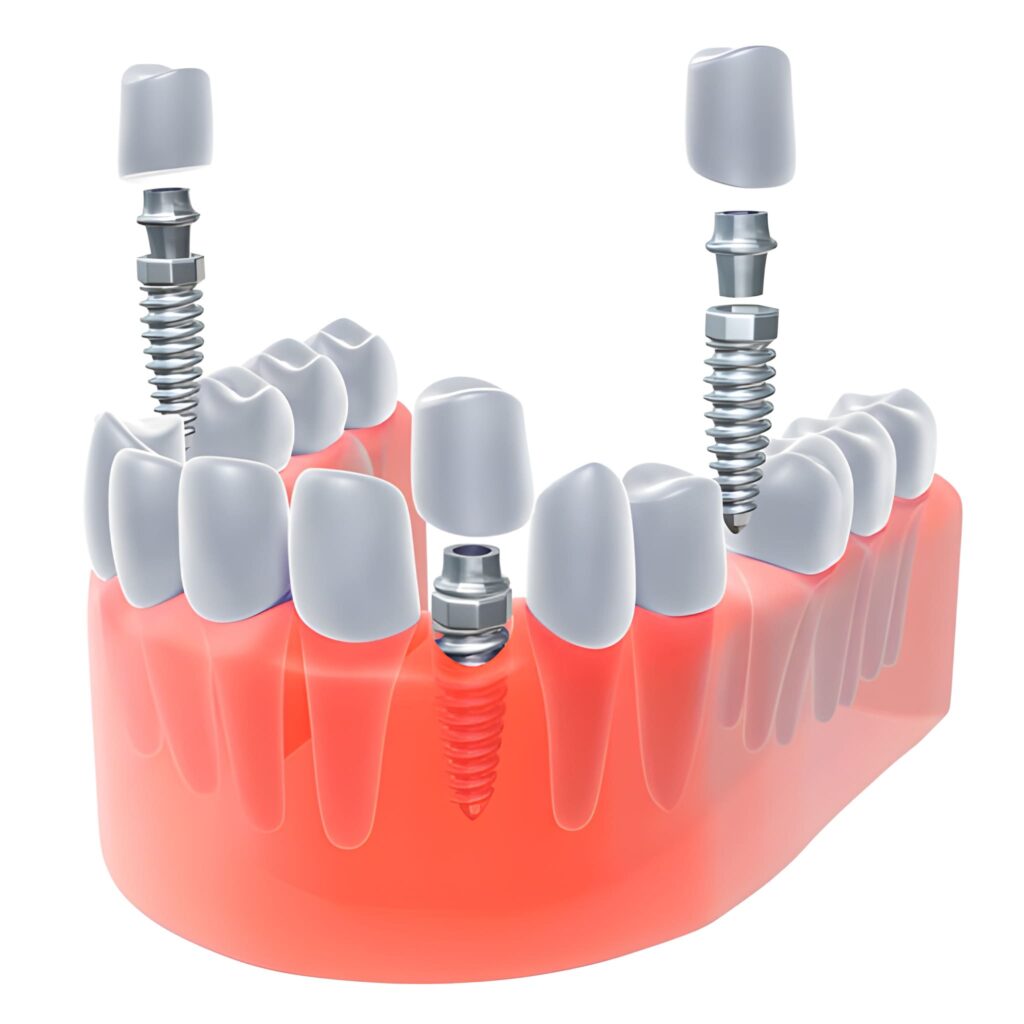Dental care can be divided into two categories: routine visits and emergency treatments. Knowing when to visit an emergency dentist versus a regular dentist is crucial for making informed decisions during urgent situations. This guide helps clarify the differences, so you can act quickly when needed.
What Is an Emergency Dentist?
An emergency dentist specialises in providing urgent dental care that requires immediate attention. These professionals are available during after-hours, weekends, and holidays to treat issues such as severe toothaches, knocked-out teeth, or infections that cannot wait for a regular appointment.
How Do I Get an Emergency Dental Appointment in Scotland?
What Does an Emergency Dentist Do?
Emergency dentists offer immediate care using specialised tools to address urgent dental problems. Some common services include:
- Pain relief
- Tooth extractions
- Treating abscesses
- Managing dental trauma
- Temporary solutions until permanent care can be provided
What Is a Regular Dentist?
A regular dentist, also known as a general dentist, focuses on routine care during office hours. Their services include:
- Cleanings and exams
- Fillings, crowns, and root canals
- Preventive care to keep your teeth healthy
Key Differences Between Emergency and Regular Dentists
- Availability: Emergency dentists are accessible during off-hours, including evenings, weekends, and holidays, to address urgent needs.
- Specialised Equipment: Emergency clinics are equipped for quick assessments and treatments, while regular clinics may not always have the necessary tools for urgent cases.
- Care Focus: Regular dentists provide long-term preventive care, whereas emergency dentists offer immediate solutions for urgent dental problems.
- Cost and Insurance: Emergency dental services may be more expensive due to their urgent nature and after-hours availability. Be sure to check your insurance coverage.
- Follow-Up Care: After an emergency visit, patients usually return to their regular dentist for follow-up care and long-term solutions.
When Should You Seek Emergency Dental Care?
Seek emergency dental care if you experience any of the following:
- Severe toothaches
- Knocked-out or loose teeth
- Gum abscesses or infections
- Persistent swelling or bleeding
- Dental fistula or dry socket (complications after extraction)
Non-Urgent Dental Issues
While not immediately urgent, the following issues should be addressed soon:
- Mild toothaches
- Minor tooth chips
- Lost fillings or crowns
- Discomfort from food stuck between teeth
When to Schedule a Regular Visit
Regular visits to your dentist help prevent emergencies and maintain good oral health. Schedule exams and cleanings twice a year, or more often if your dentist advises it.
Benefits of Knowing the Right Choice
Knowing when to visit an emergency dentist versus a regular dentist can save you time and money, avoid unnecessary ER visits, and ensure you receive the right care quickly.
Whether you’re experiencing a dental emergency or want to keep your oral health in check, don’t wait. Contact Cove Dental and Implant Centre today to book your next appointment or get immediate assistance.
Frequently Asked Questions
What qualifies as a dental emergency?
Dental emergencies include severe pain, swelling, bleeding, trauma to teeth or gums, and infections that impact oral or overall health.
Can I see a general dentist for a dental emergency?
Yes, but only during office hours. For urgent care outside of regular hours, an emergency dentist is better equipped to help.
How should I manage a knocked-out tooth before seeing a dentist?
Rinse the tooth with water (without scrubbing), place it back in the socket if possible, or store it in milk or saline. Seek immediate care.
Does insurance cover emergency dental care?
Most plans offer some coverage for emergency dental care, but coverage may vary. Check with your provider for details on what’s included.
What are the signs of a dental abscess?
Symptoms include throbbing pain, fever, swelling, and pus. If you suspect an abscess, seek emergency treatment right away.
Author Details:
This article is provided by the expert team at Cove Dental and Implant Centre, specializing in both emergency and general dental care.
Last Updated:
November 2025





